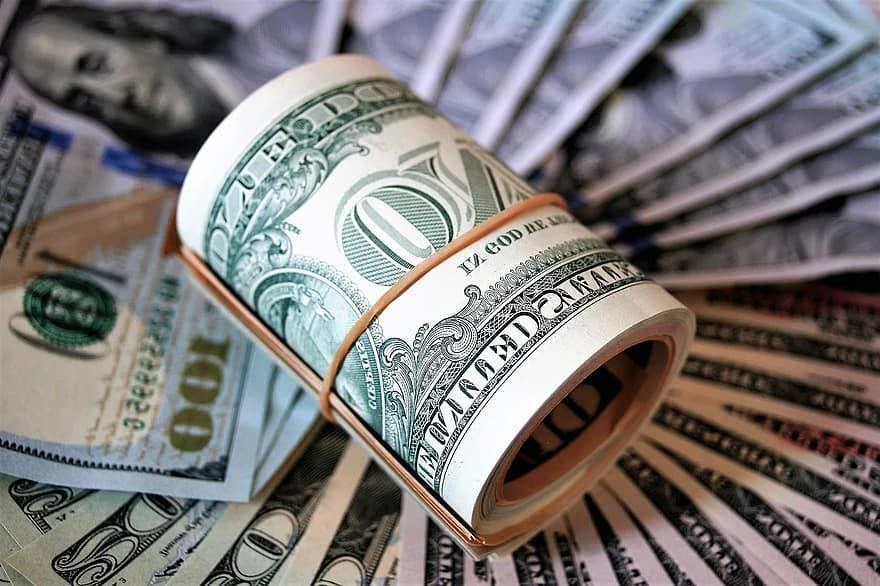
The most confusing part of this question is that when we think about it, what comes to our mind is that Buddhism does not produce images of great fortunes, mansions, villas, fancy cars in our mind. Most people are of the belief that one cannot be wealthy and Buddhist simultaneously. But this is a false generalization that we all make.
Buddhism and wealth
There are no teachings from the Buddha that direct us away from earning money. Although he left his fortune, and his position to obtain nirvana, never once did he preach against those things. He felt that his own personal journey was necessary to accomplish his life purpose. Yet he never required this from anyone. There is no Sutta that shows that wealth and compassion are antagonistic concepts.
Actually, if we put wealth under Buddhist scrutiny what we’ll learn is that this wealth should be gathered honestly, wisely and with good intent and purpose. We would also be aware that this wealth should be used in order to alleviate suffering in the world.
Most of all, that wealth cannot become the master of its owner. That would become attachment. In its extreme form attachment to wealth or greed can become the one of the worst origins of suffering. I would say, one of the cruelest soul diseases.
We have famous wealthy characters that are or were also Buddhists and there was no incompatibility there, Richard Gere and Steve Jobs for starters are some great examples.
Wishing for more
There is nothing wrong with wanting more, materialistically speaking. Wanting a better car, a better home, and nicer clothes is not wrong. However, the problem arises when we think that those things are going to make us happier. We should always examine the reasons for why we want something.
For example, say I want a better home to make sure me and my family will be more comfortable and living in a larger space. So far, no problems. However, I’m happy with where I am, and I realize that my happiness is not dependent on the home.
But if you notice your desire for something better goes beyond that, something must be wrong. If you want a better car to show it off, to make people believe you’re a powerful and successful person, because you don’t feel full inside, then that’s a clear reflection of attachment. The moment that car leaves your life, you’ll be heartbroken.
What matters here is your reasons for buying the car.
Suffering arises only when we think that we need certain things to survive or to be happy. When we’re not conscious of our desires and the fact that we may lose them, or the fact that we may not get them.
Wealth and suffering
Buddhism teaches us that we should be free. Free from things, from circumstances, from our own selves. Free from a fake reality we have been brought up in, which only becomes worse with time. Our values are now all subverted. People are only worth what they have.
The misplacement of values was already present in Buddha’s time (25 centuries ago), it was also present in the early middle ages, when another young man gave up his wealth for a greater good he was called Francis of Assisi. Most recently we have other figures highlighting the same truth, like Gandhi as well.
The concept of impermanence makes it clear that everything is in constant transformation, especially our own selves. This is the most helpful tool that helps us in understanding that nothing really belongs to anyone. Events and people are randomly placed in our journey and we need to deal with them in a virtuous way to excel along the journey.
Not knowing how to deal with the gift of wealth can exacerbate our suffering in this life and the one after. We are responsible for our karma, good or bad.
The Sangha and wealth
People generally believe that the sangha is the whole Buddhist community that usually lives together, but I’m going to talk about sangha as the community of monks and nuns.
They usually live a very simple life. They don’t need much, but that’s because they’ve dedicated their lives to the path. Matthieu Ricard for example, was a biology researcher, mentored by a Nobel Prize Winner. He’s the son of one of the most important contemporary French philosophers.
Ricard gave up his old life of titles and worldly fame to become a simple Buddhist, who later became a Tibetan monk. Few years ago, Ricard took part in an Essay at Harvard. It was about happiness. He was given the title of as the happiest man on Earth. He had a huge shift in his values and virtues. Today he lives with a lot less than he ever did, and actually, more than he ever needs.
What money can’t buy
The relationship between Buddhism and wealth is a very peaceful one, especially because there won’t be anyone surveilling your actions and behaviors. Part of what makes you a Buddhist is the relationship you develop with your own self. Your present actions will impact your next days, weeks, decades and whole life.
No matter what, if you don’t develop a righteous relationship with wealth, based on wisdom, lack of attachment and values. You’ll end up paying the price in suffering.
My advice based on my personal experience is to develop a healthy relationship with money. This allows you to want more while recognizing the reasons behind your desire. Analyze the feelings that move within you. The real ones.
Allow yourself to attain material wealth, there is nothing wrong with that, as long as you know that this wealth will never be the true source of your happiness.










